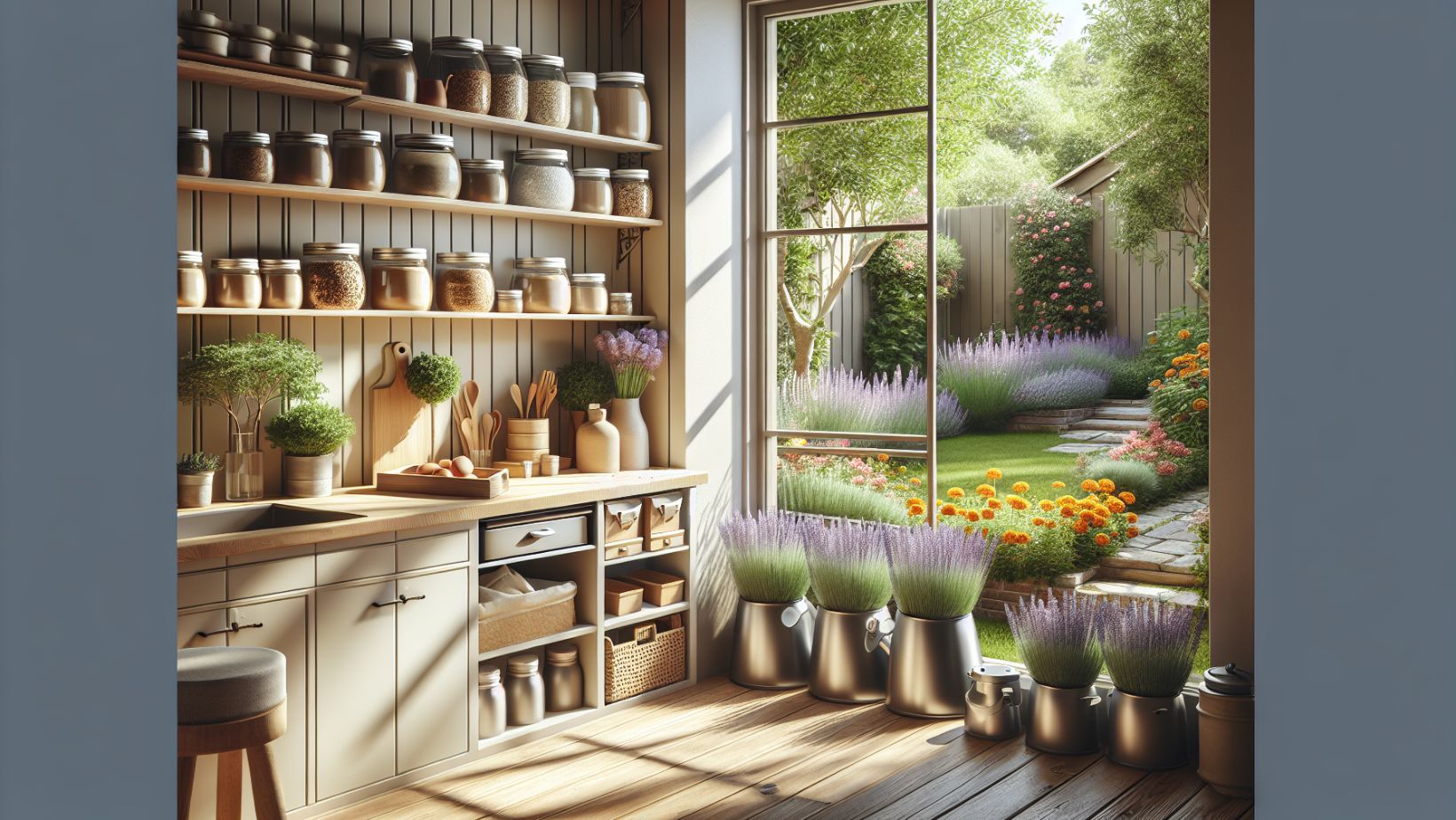
When discussing creating that perfect, cozy atmosphere in our homes, it’s vital not to overlook an essential aspect – pest control. Ensuring your home stays free from these uninvited guests goes a long way in maintaining not just the cleanliness but also the health and well-being of your household. Let’s explore some effective strategies to keep your sanctuary pest-free and safe.
Integrating Pest Control Into Your Cleaning Routine
Preventative pest protection starts with maintaining a regular cleaning schedule—your first line of defense against pests. Deep cleaning sessions targeting often-neglected areas, like under the furniture and appliances, can significantly reduce pest attraction in your home. Furthermore, decluttering cannot be underestimated; a clutter-free home offers fewer hiding spots for pests. Incorporate a few drops of peppermint or lavender essential oil into your cleaning routine for a pleasant scent that naturally repels pests.
In addition to a meticulous cleaning regimen, consider utilizing natural deterrents like diatomaceous earth for combating certain pests. Food-grade diatomaceous earth can be strategically sprinkled in susceptible areas without harming pets or humans. Another practice to integrate is using airtight containers for all pantry items, which can significantly reduce the allure of pests seeking food sources.
Gardening With a Pest-Protection Mindset
Depending on how it’s managed, your garden can be either a first line of defense or an inviting door. Including pest-repelling plants such as lavender, marigolds, or basil can naturally ward off certain pests. However, it’s crucial to maintain your landscape regularly; overgrown bushes and stagnating water features can become thriving spots for pests. Adjusting your gardening practices plays a pivotal role in keeping pests at bay.
Another effective strategy is introducing beneficial insects that prey on pest species to your garden. Ladybugs and lacewings, for example, feed on aphids and can help keep your garden’s ecosystem in balance. Companion planting can also be extremely effective, as certain plant combinations work better together to deter pests naturally, enhancing your garden’s overall pest resistance.
Strengthening Your Home’s Defenses
A thorough check around your home for any potential entry points is necessary. Small cracks in the walls, loose tiles, and gaps in window or door frames can become gateways for pests. Equally, investing in good quality window and door screens can make a difference, allowing fresh air in while keeping pests out.
Roofs and chimneys should be noticed, as these areas are often less frequently checked yet can be major entry points for more troublesome pests.
Educating the Household on Pest Awareness
Knowledge is power, especially when it comes to pest management. Educating yourself and your household members about different pests, their potential risks, and signs of infestation can greatly aid in early detection and prevention.
Implementing and following safe food storage practices are simple yet highly effective steps to dissuade pests. Creating a collective routine for regular home checks for signs of pests can also foster a proactive approach to pest control.
Leveraging Professional Expertise When Necessary
Despite our best efforts, there might come a time when professional assistance is required. Recognizing the signs that indicate the need for professional extermination services is crucial. These experts can provide a comprehensive assessment of your home, identifying risks and suggesting preventative measures you might have missed. Choosing services that prioritize safe, health-conscious methods ensures your home remains a safe haven free from chemical hazards.
Incorporating these strategies into your daily and seasonal routines can significantly reduce the risk of pest-related health hazards in your home. Regular maintenance, a bit of gardening savvy, and educating your loved ones are all steps in the right direction.
A pest-free home contributes to the physical health of its inhabitants and the overall peace and comfort of your living environment. Remember, in the battle against pests, being proactive is always better than reactive.







